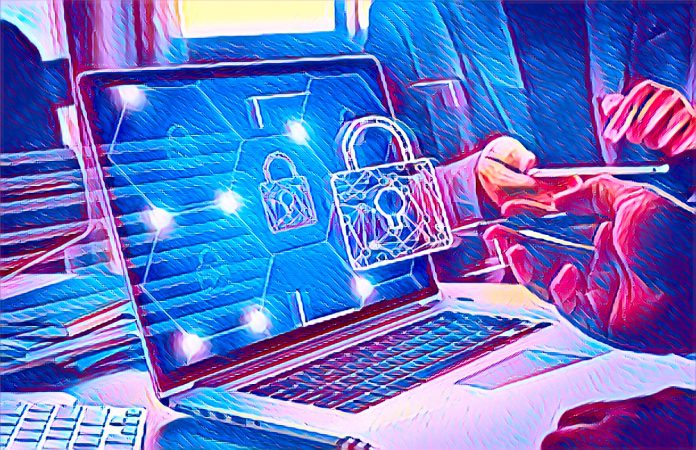Nigerian lawmakers have thrown their weight behind the cybercrime levy, a move designed to address public confusion regarding who the levy actually targets.
Clarifying the Target: Businesses, Not Individuals
The House of Representatives passed a resolution on Wednesday to clear up misconceptions surrounding the cybercrime levy. This levy, established by the Cybercrimes (Prohibition and Prevention) Act of 2015, imposes a 0.05% charge on specific establishments listed in the Act’s second schedule. These include businesses that operate in cyberspace and generate profits from their online activities, such as telecommunications companies, internet service providers, banks, insurance companies, and the Nigerian Stock Exchange.
Lawmaker Kingsley Chinda, leading the debate on the motion, stressed that the levy is not aimed at ordinary Nigerians. He explained that the Act seeks to generate funds for combating cybercrime, a growing threat to Nigeria’s economic well-being and international reputation.
Dispelling Confusion and Educating the Public
The House resolution also called for further public awareness campaigns by the Central Bank of Nigeria (CBN) and the Office of National Security Adviser. This aims to ensure Nigerians understand the Cybercrimes Act and the implementation of the levy.
The move follows earlier controversies surrounding a Central Bank circular that some interpreted as imposing the levy on individuals. Legal expert Femi Falana previously clarified that the levy applies solely to businesses that profit from cyberspace activities.
The House resolution established a joint committee overseen by the Committee on National Security and Intelligence to monitor the implementation of the cybercrime levy. This committee will collaborate with the Committees on Digital and Information Technology, Justice, Digital Economy, and Electronic Banking.
Civil Society Chimes In Levy Seen as Necessary Tool
Meanwhile, a Nigerian civil society organization, the Nigerian First Project (NF-PRO), expressed its support for the cybercrime levy. The group argues that the levy is a crucial tool for fighting cybercrime and bolstering Nigeria’s cybersecurity defenses.
NF-PRO Coordinator Hamza Umar Saulawa highlighted the detrimental impact of cybercrime on Nigeria’s economy and global image. He urged Nigerians to objectively evaluate the levy and recognize its potential benefits in combating cybercrime.
The House’s move to clarify the cybercrime levy’s target and its call for public education are positive steps. Addressing public confusion will be crucial for ensuring the levy’s smooth implementation.
However, some critics remain concerned about the potential financial burden on businesses, particularly during challenging economic times. Striking a balance between generating revenue for cybersecurity initiatives and minimizing the impact on businesses will be an ongoing challenge.
Source: Vanguard



